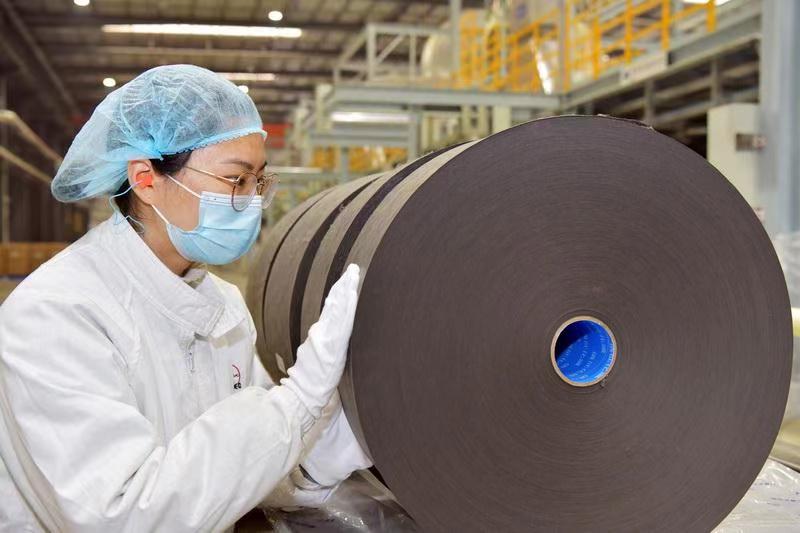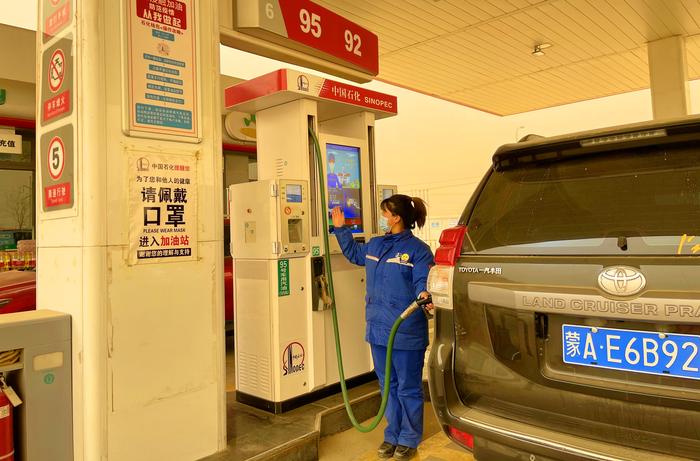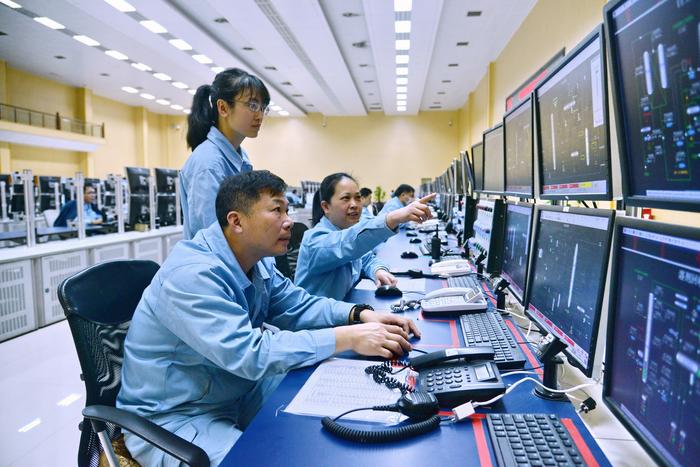|
| 2021-03-18 来源: 中国石化新闻网 |
| 石化新闻 |
中国石化新闻网讯 据3月17日彭博社消息:加拿大和德国签署了一项协议,将在绿色能源创新和贸易方面展开合作,随着低碳燃料市场的升温,两国将着眼于氢燃料。 这份由两国能源部长签署的协议,概述了在能源政策和研究方面的合作计划,双方都力争到2050年实现净零排放的目标。 自然资源部长Seamus O'Regan说,魁北克省以及他的家乡纽芬兰省和拉布拉多省已准备就绪,可以开始产生的“绿色氢”,该氢清洁燃烧,可以利用风能和太阳能发电。 O'Regan强调,在经济长期依赖苦苦挣扎的化石燃料行业的地区,有必要对工人进行再培训。而石油仍然是加拿大经济的一部分。 他补充道,液化天然气可以作为进入绿色能源领域的便捷“桥梁燃料”,德国的目标是将液化天然气进口和氢气生产纳入自己的能源战略。 两国在氢问题上可能意见不完全一致,加拿大最近的关注重点是所谓的“蓝色氢”。 这种燃料通常来自天然气或其他化石燃料,并结合碳捕获技术来减少排放,这使得它在拥有丰富天然气储量的加拿大西部省份更具政治可行性。 加拿大和德国签署了绿色能源协议,以推动新兴的氢能领域的发展。 冯娟 摘译自 彭博社 原文如下: Canada, Germany sign green-energy deal in bid to power fledgling hydrogen sectors Canada and Germany have signed an agreement to team up on green energy innovation and trade, with an eye to hydrogen as the market for the low-carbon fuel heats up. Signed today by the two countries' energy ministers, it outlines a plan to co-operate on energy policy and research as both strive to reach the goal of net-zero emissions by 2050. Natural Resources Minister Seamus O'Regan said Quebec and his home province of Newfoundland and Labrador are particularly well poised to start generating so-called "green hydrogen," which burns cleanly and can be produced using wind and solar power. O'Regan stressed the need to retrain workers in regions with economies long reliant on struggling fossil fuel industries, saying the transition could be "messy." "It often makes people on both sides of the political spectrum -- either side -- unhappy," he said in a virtual signing ceremony with Peter Altmaier, Germany's minister of economic affairs and energy. "Oil will be with us for some time, and it will continue to be a part of the Canadian economy, without question," O'Regan said. Liquefied natural gas could serve as a handy "bridge fuel" to cross over into green-energy territory, he added, with Germany aiming to integrate LNG imports as well as hydrogen production into its own energy strategy. The two countries might not see fully eye to eye on hydrogen, with Canada focusing recently on so-called "blue hydrogen." The fuel is typically derived from natural gas or other fossil fuels and coupled with carbon-capture technology to reduce emissions, making it more politically viable in western Canadian provinces that boast abundant natural gas reserves. Canada, Germany sign green-energy deal in bid to power fledgling hydrogen sectors. |








